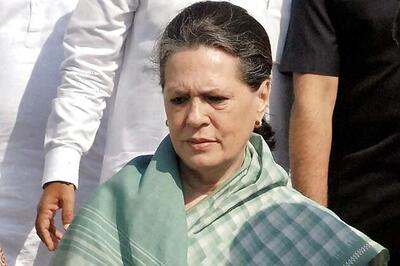
views
Visa policies have become a decisive factor in shaping global tourism trends, influencing where and how people travel. As countries look to balance security concerns with the potential economic benefits of tourism, the ease of obtaining a visa is becoming a critical determinant in attracting travelers. The global tourism landscape is changing rapidly, with both rigid and flexible visa regulations playing a pivotal role.
Visa policies have a profound impact on tourism—either facilitating or hindering the movement of travelers between countries. Shikhar Aggarwal, Joint Managing Director, BLS International, says, “Visa policies increasingly determine global tourism trends—either encouraging or hampering the movement of travelers between countries.” He emphasizes that countries offering streamlined and visitor-friendly visa processes tend to see a significant boost in foreign arrivals, benefiting from increased spending and cultural exchange. In contrast, stricter visa policies can deter potential visitors, especially in economies that rely heavily on tourism. Recent developments, such as the European Union’s ETIAS and various digital nomad visas, reflect this broader trend, catering to new categories of travelers like remote workers and long-term visitors.
This shift in visa policy is not just about enabling more travel; it is also about adapting to the changing needs of travelers in a post-pandemic world. As Ashish Sidhra, co-founder, Alike.io, notes, visa policies have always been one of the most critical factors influencing global tourism trends. “In an increasingly interconnected world, the ease or difficulty with which travellers can obtain visas fundamentally impacts their destination choices & selection and travel behaviours,” explains Sidhra. He highlights the evolution of visa policies over the past few decades, which have gradually shifted from cumbersome processes to more traveler-friendly solutions.
Sidhra points out that for Indian travelers, who are often last-minute planners, the availability of e-visas or visa-free entry can be a game-changer. Many Indians book their holidays within a 30-day window, and a cumbersome visa process could limit their travel options. The rise of digitalized visa procedures, such as online applications, has been a major step forward in simplifying the process. “In today’s era of digitalisation, integrating technology with visa applications—such as offering online applications and reducing the need for physical submissions—can play a significant role in simplifying travel,” Sidhra says, adding that such measures could help countries recover faster in the wake of the pandemic by making travel more accessible and convenient.
Both industry experts agree that flexible, traveler-friendly visa policies are critical to the recovery and growth of global tourism. As governments and tourism boards work to attract a diverse range of visitors, these policies will not only influence the number of tourists but also shape the way people engage with international destinations. In this new era of global travel, visa policies are no longer just a bureaucratic formality—they are a crucial part of the traveler’s decision-making process.




















Comments
0 comment